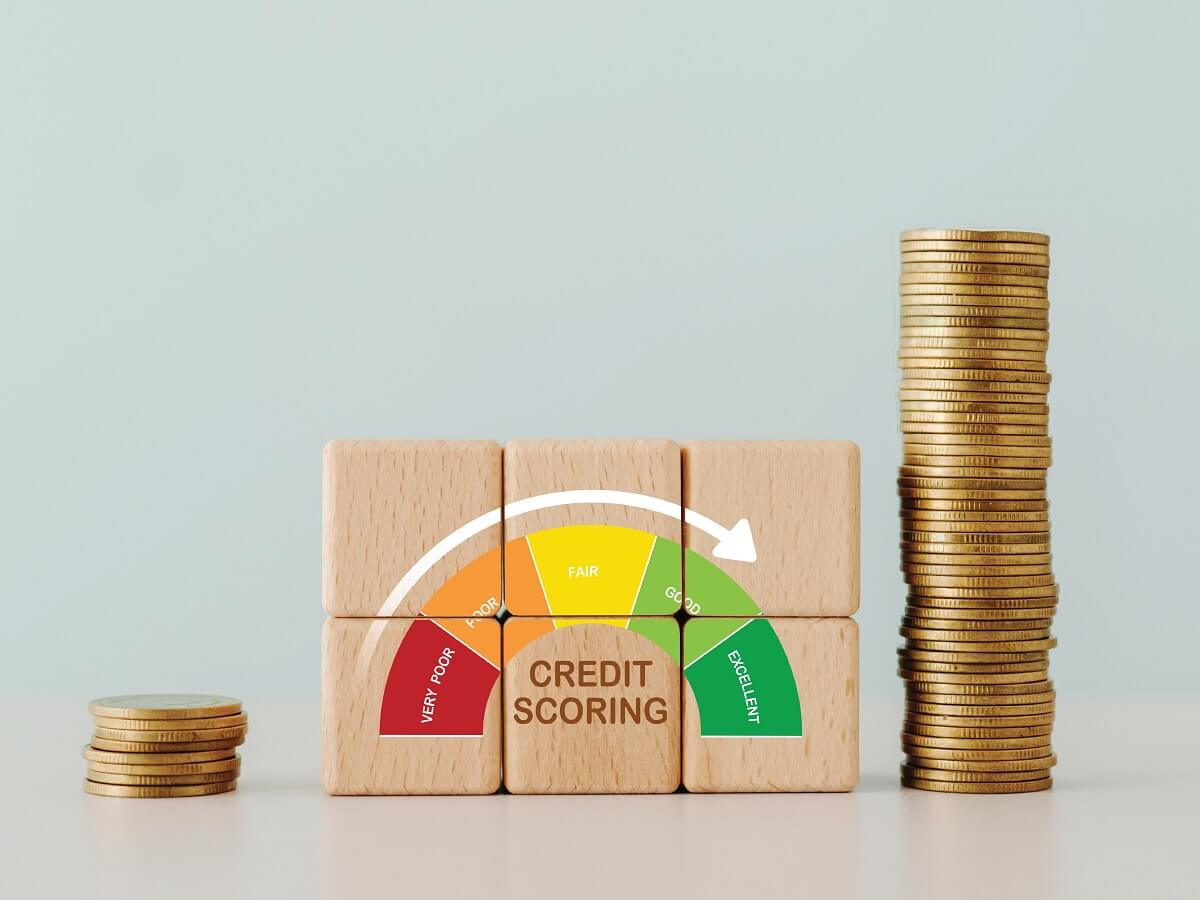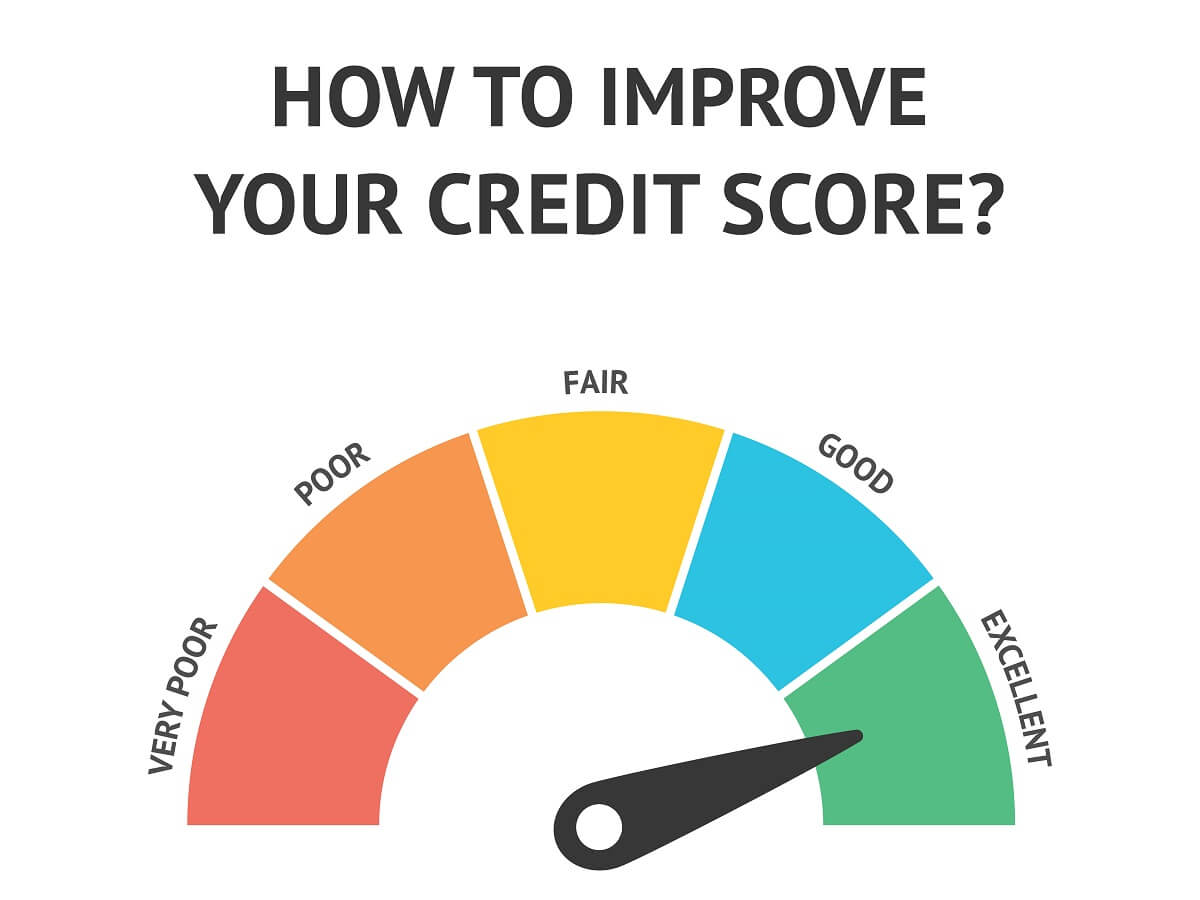Introduction
Are you aware that your credit score can impact not only your financial life but also your job prospects? Many employers, especially in the banking and finance sectors, conduct credit score check during the hiring process to assess an individual's financial responsibility and integrity.
In this blog post, we will deep dive into the concept of credit score and employment, exploring how a credit score check for employment works and how you can ensure a good credit score before seeking employment.
Understanding CIBIL scores
Before diving into the impact of credit score check on employment, let's first understand what a credit score is.
A credit score is a three-digit number between 300 and 900 that measures an individual's creditworthiness. Lenders use this number to assess an individual's repayment capacity and determine the risks associated with lending money.
Generally, a score of 750 or higher is considered ideal and can help you secure favourable terms on various credit products.
Pre-employment credit checks
While not all employers in India conduct an employee CIBIL check during the hiring process, some companies in the banking and finance sectors may request access to your credit report before offering you a job. These checks are performed to evaluate a potential employee's financial responsibility and integrity.
Why do employers check credit scores?
Employers conduct credit score check to gain insights into an individual's financial management skills. During an employee CIBIL check, employers review an individual's past and current debts, repayment history, bankruptcies, or instances of default. This information helps them assess whether you are financially responsible and capable of handling sensitive financial tasks.
What do employers look for in an employment credit report?
During a credit check for employment, employers primarily focus on the following factors:
- Repayment history: This accounts for 35% of your credit score. Timely repayment of debts is crucial for maintaining a good credit rating. Even a single delay can significantly impact your score.
- Credit utilisation ratio: This factor makes up 30% of your credit score. It measures the percentage of available credit you are using. It is advisable to keep your credit utilisation ratio below 30% to maintain a high score.
- Credit history length: The length of your credit history contributes approximately 15% to your credit score. Having a longer credit history with timely repayments reflects positively on your creditworthiness.
- Frequent borrowings: Borrowing too frequently and having outstanding debt can negatively affect your credit score and employment. Lenders may view this as risky financial behaviour, which can impact your employment prospects.
- Credit mix: The types of accounts you have borrowed from also influence your credit score, accounting for about 10%. A diverse mix of secured and unsecured loans can contribute positively to your credit rating.
How to ensure a good credit score before seeking employment?
Here are some steps you can take to boost your credit score before applying for jobs:
- Check your credit score regularly: Monitoring your credit score allows you to identify any errors or discrepancies that may be negatively impacting your rating.
- Regulate borrowing: Avoid borrowing more than you can comfortably repay. Maintaining a healthy debt-to-income ratio is crucial for maintaining a good credit score.
- Pay bills on time: Timely repayment of bills, including credit card bills and loan instalments, is vital for demonstrating financial responsibility. Missing payments or making late payments can significantly impact your credit score and employment.
- Minimise credit utilisation: Keep your credit utilisation ratio below 30% by using only a portion of your available credit limit.
- Build a positive credit history: Establishing a long-term positive credit history contributes to a higher credit score. Make consistent repayments, maintain low balances on existing accounts, and avoid opening unnecessary lines of credit.
Conclusion
Your credit score plays an important role not only in accessing credit but also in securing employment opportunities. Employers use pre-employment credit score check as a means to assess an individual's financial responsibility and integrity.
If you're looking to improve your credit score or need financial assistance, Mahindra Finance offers a range of solutions designed to meet the needs of individuals from all walks of life. Visit our website for more information on how we can support your financial goals.
FAQs
1) How can I check credit score online?
You can check credit score online through various platforms such as Credit Information Companies like CIBIL, Equifax, or Experian.
2) Can employers perform an employee CIBIL check?
Yes, employers can conduct a CIBIL check on potential employees as part of their pre-employment screening process.
3) How can I improve my credit score?
To improve your credit score, make sure you pay your bills on time, maintain a low credit utilisation ratio, lengthen your credit history, and limit new borrowings.
4) How often should I check my credit score?
It is recommended to check your credit score periodically, at least once every few months, especially before applying for a new job or seeking credit.






















































